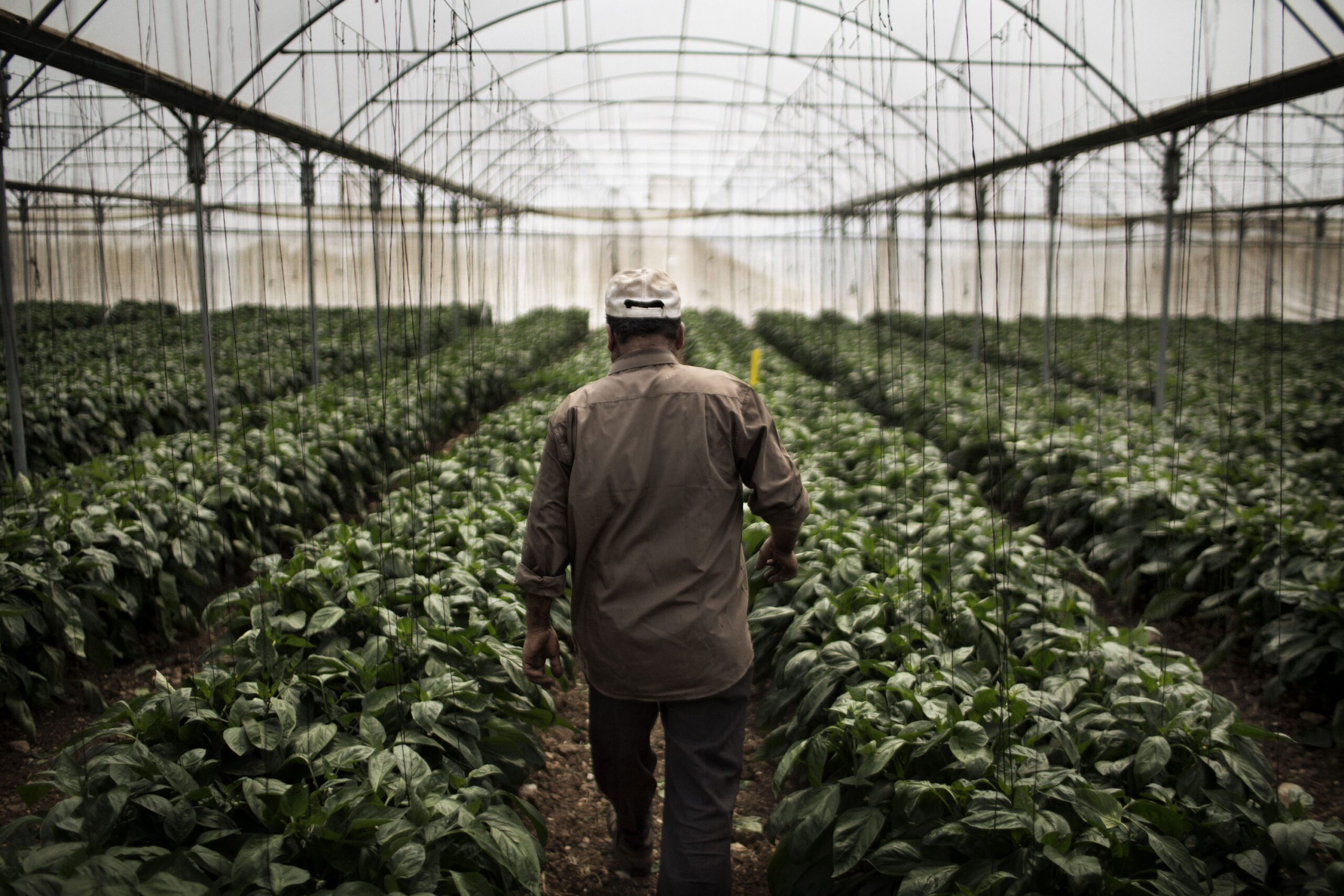PROJECT SUMMARY
The EBRD and FAO worked with partners in Georgia to strengthen its agritourism industry and create more jobs in rural areas, protect livelihoods and culinary traditions, and preserve local biodiversity.
CONTEXT
With its gastronomic traditions, rich cultural heritage and striking scenery, Georgia, supported by the EBRD and FAO, has set its sights on becoming a top agritourism destination in the next decade.
Travel and tourism already play a key role in the country’s national economy, contributing around 10 percent to GDP, bringing benefits to both tourists and the agri-food sector. As visitors enjoy unique local culinary products including wines, bread and dairy products produced through traditional methods, they help generate revenue and employment opportunities, especially in rural areas. It also protects Georgia’s unique local agrobiodiversity and ancestral know-how.
This project is supporting Georgia to develop an agritourism development strategy and investment roadmap that strengthens the links between tourism and producers. It also seeks to promote agritourism routes and enhance traditional value chain marketability. The strategy will foster traditional local production and improve the distribution of benefits along the value chain – eventually creating investment incentives for local quality products.
Activities
The EBRD and FAO are partnering with the Ministry of Environmental Protection and Agriculture of Georgia, the Georgian National Tourism Administration, Elkana Biological Farming Association and Georgian Farmers’ Association, and local destination management organizations among others to:
Develop a roadmap to guide a sustainable agritourism development strategy including through a series of highly participatory workshops.
Link leading players of the tourism sector with local producers of speciality food products and promote agritourism with a special focus on genuine Georgian gastronomy and biodiversity preservation.
Enhance and promote special quality products through strengthened value chains and links with markets including rural tourism, and the development of Geographical Indications.
Connect hotels, restaurants, and catering to producers and develop local sourcing guidelines.
Achievements
- A roadmap to develop a sustainable agritourism strategy to:
- develop high-quality and diverse products and services to make Georgian agritourism more attractive, experiential, and competitive;
- help small-scale producers of high-quality speciality products tap into new markets, including local restaurants, cafes and hotels;
- safeguard living cultural heritage while also adapting to climate change and complying with food safety and quality standards; and
- develop governance mechanisms to raise awareness of the value of agritourism, enforce standards and ensure inclusive development.
- A Local Sourcing guide for the hotels, restaurant, catering and tourism sectors (available soon) to:
- explain the main benefits of local sourcing;
- identify barriers to implementing and scaling up sustainable local sourcing solutions; and
- highlight key learning points and opportunities to improve and scale up sourcing of local foods.
- A series of capacity-building webinars with agritourism operators, destination management organizations and other stakeholders on developing and promoting sustainable agritourism.
- Development and promotion of an Agritourism Guide to Samtskhe -Javakheti.
- A field mission that included a 3-day training course on two local products – Tsideli doligrain and Tenili – which was attended by more than 100 people – and a bread and cheese festival with cooking masterclasses for traditional products which attracted a large audience and generated media coverage (see links below).
- Media familiarization tours in selected agritourism destinations.
- An agritourism study tour in Italy to discover best practices and promote Georgia as a rising agritourism destination.
- An Instagram live organized in partnership with the EBRD with Chef Guram Baghdoshvili to discover Georgian cuisine and learn traditional recipes.
- Chef-to-producer training sessions by Adjara Group Hotels to teach producers how to cook their products innovatively and better market them to hotel, restaurant, catering and tourism clients.


































